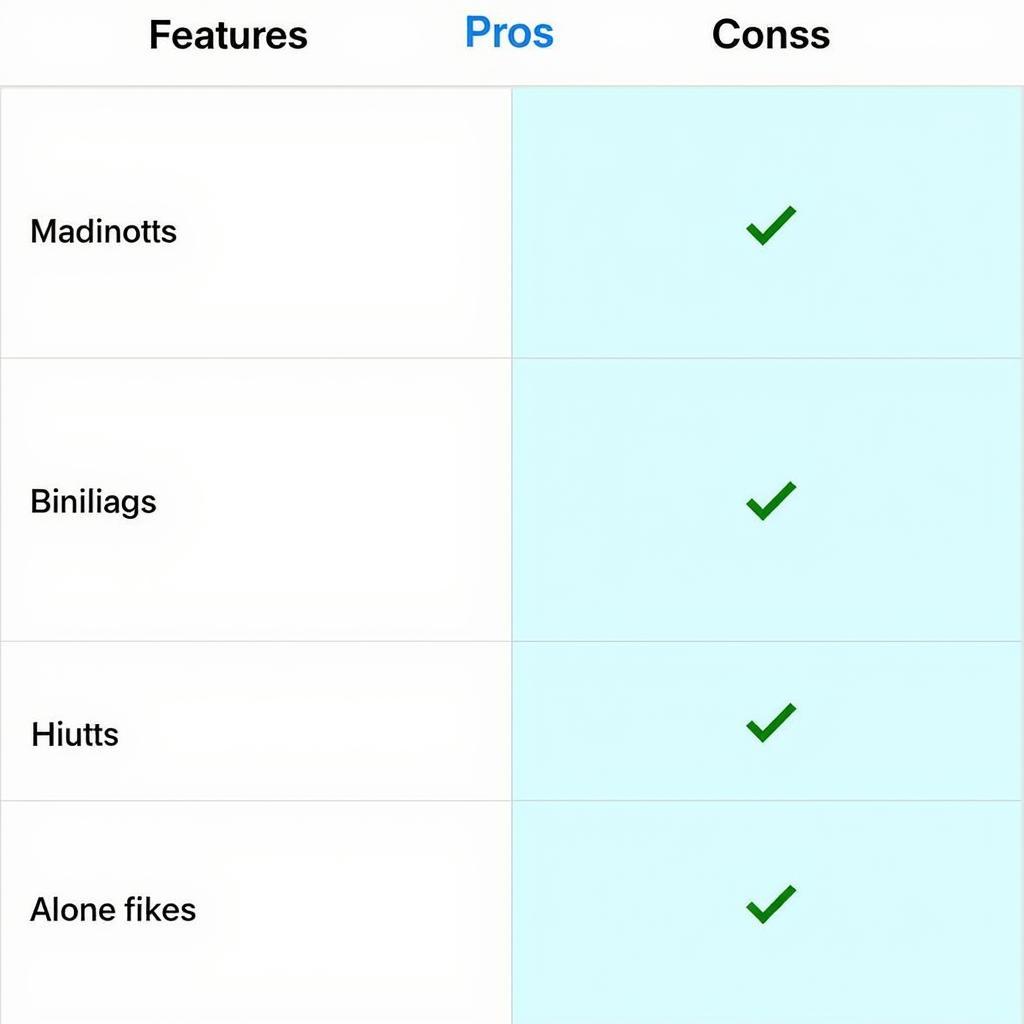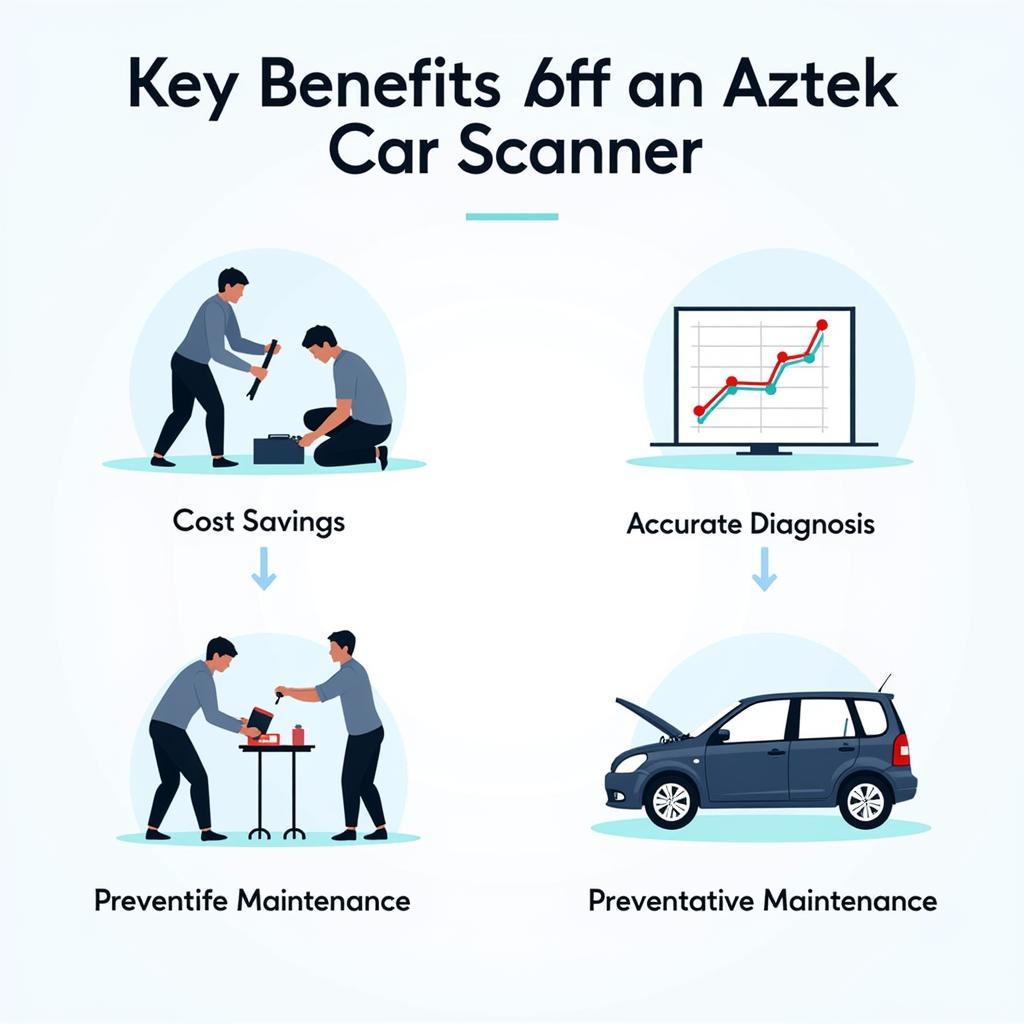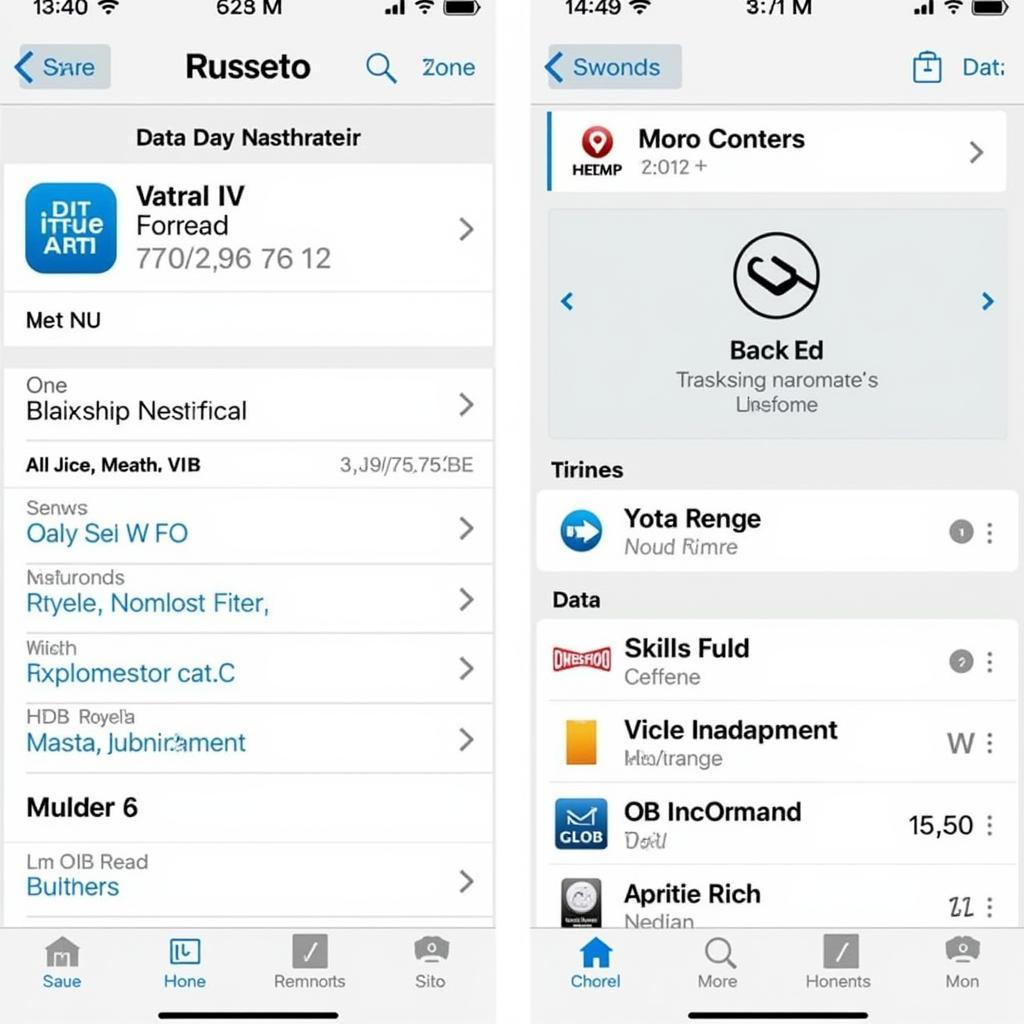A car Warranty Policy is essentially a promise made by the manufacturer to cover certain repairs for a specific period. It’s peace of mind bundled with your new or used vehicle, assuring you that you won’t be left stranded with hefty repair bills for any manufacturing defects. This article delves into the intricacies of car warranty policies, helping you navigate this crucial aspect of car ownership.
What does a car warranty policy typically cover?
A car warranty policy acts as a safety net, shielding you from unexpected expenses arising from manufacturing flaws. Typically, these policies cover the following:
- Powertrain Coverage: This forms the heart of your vehicle and includes the engine, transmission, and drive axles.
- Bumper-to-Bumper Coverage: As the name suggests, it encompasses most components from the front bumper to the rear, excluding wear and tear items like tires and brake pads.
- Corrosion Coverage: Protection against rust perforation on body panels, offering reassurance against premature deterioration.
Deciphering the Different Types of Car Warranty Policies
Car warranties aren’t one-size-fits-all. They come in various flavors, each with its own terms and conditions:
- Factory Warranty: This comes standard with new vehicles, provided by the manufacturer.
- Extended Warranty: As the name implies, this extends the coverage period beyond the factory warranty, often offered by the manufacturer or third-party providers.
- Certified Pre-Owned (CPO) Warranty: Offered on used vehicles that meet specific standards, providing an added layer of assurance.
What to do if your car needs repair under warranty?
Experiencing car trouble is never ideal, but if it occurs within the warranty period, you can breathe a little easier. Here’s a step-by-step guide on what to do:
- Consult your Warranty Policy: Familiarize yourself with the terms, conditions, and coverage details.
- Contact an Authorized Repair Shop: For factory and CPO warranties, reach out to a dealership or authorized service center.
- Provide Necessary Documentation: Be prepared to present your warranty booklet, service records, and proof of purchase.
Common Exclusions and Limitations to be Aware Of
While warranties offer substantial protection, they’re not without limitations. Here’s a rundown of common exclusions:
- Wear and Tear: Routine maintenance items like oil changes, brake pads, and tires aren’t typically covered.
- Damage from Accidents or Negligence: Warranties generally don’t cover repairs stemming from accidents, vandalism, or improper maintenance.
- Modifications: Aftermarket modifications can void your warranty, particularly if they’re deemed to have contributed to the issue.
“Understanding the exclusions of your warranty is just as crucial as knowing what’s covered,” advises John Smith, Senior Automotive Engineer at CARW Workshop. “It prevents unwelcome surprises when filing a claim.”
Tips for Maximizing Your Car Warranty Policy
To extract the most value from your car warranty, consider these practical tips:
- Adhere to Scheduled Maintenance: Following the manufacturer’s recommended maintenance schedule helps prevent potential issues and ensures your warranty remains valid.
- Keep Meticulous Service Records: Maintaining detailed records of all repairs and maintenance creates a comprehensive history that can prove invaluable during warranty claims.
- Review Your Policy Regularly: Policies evolve, so staying abreast of updates, amendments, or changes in coverage is crucial.
For reliable and efficient diagnostics, consider the hypertough ht309 obd2 scan diagnostic tool code reader. This handy device can help you understand and address minor issues before they escalate into major problems that could affect your warranty coverage.
What to consider when buying an extended car warranty?
Extended warranties offer prolonged peace of mind, but weigh the pros and cons before investing:
Pros:
- Continued Coverage: Extends protection beyond the factory warranty period.
- Cost Predictability: Provides a safety net against unexpected major repair costs.
Cons:
- Upfront Cost: Requires an initial investment, potentially adding to the overall vehicle cost.
- Limited Coverage: Often comes with specific exclusions and limitations.
Frequently Asked Questions about Car Warranty Policies
1. Does my car warranty transfer to a new owner?
Yes, in most cases, factory warranties are transferable to subsequent owners, enhancing the vehicle’s resale value. However, it’s essential to confirm the specific terms and conditions outlined in your policy.
2. Can I take my car to any mechanic for repairs under warranty?
For factory and CPO warranties, using authorized repair shops is typically required. Third-party extended warranties might offer more flexibility in choosing repair facilities.
3. What if my warranty claim is denied?
Don’t hesitate to seek clarification and understand the reasons for denial. If you believe the denial is unjustified, consider escalating the issue to the manufacturer’s customer service department or seeking legal advice.
4. Can I cancel my extended car warranty?
Yes, most extended warranties come with a cancellation option, often with a prorated refund based on the remaining coverage period.
5. Are walmart car code scanner reader tools helpful in diagnosing car problems?
While basic code readers can provide some insight, investing in a more comprehensive tool, such as those offered by reputable brands like Autel, can offer more detailed diagnostics. If you’re unsure, consulting with experts at autel customer service can provide tailored guidance.
Conclusion
Navigating the world of car warranty policies requires understanding your coverage, limitations, and maintenance responsibilities. By staying informed and proactive, you can maximize the benefits of your warranty, ensuring a smoother and less stressful ownership experience. For any questions or assistance with your car’s diagnostic needs, don’t hesitate to contact the experts at CARW Workshop at +1 (641) 206-8880 or visit our office located at 4 Villa Wy, Shoshoni, Wyoming, United States.







One Response